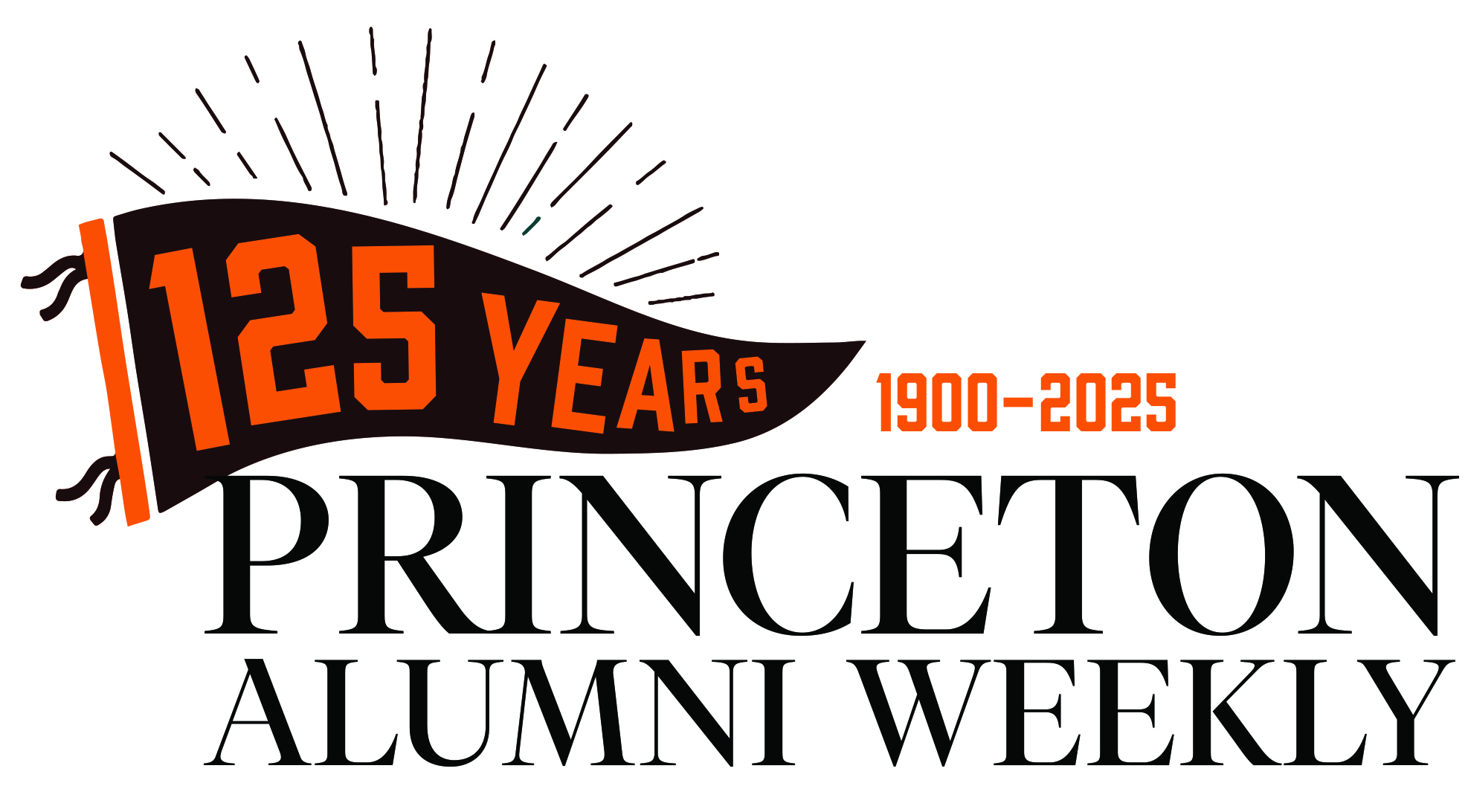During the 2010–11 academic year linguistics at Princeton had 271 course enrollments. Five years later, enrollments were up to 583. Now the linguistics program has added three new tenure-track faculty members, a move that Sarah-Jane Leslie, the director of the program, calls “the dawning of a new era for linguistics at Princeton.”
Linguistics at Princeton is a program in which undergraduates earn certificates; the program also supports independent concentrations. A 2015 task force report on the future of the humanities at Princeton advocated that it be granted status as a department. Linguistics “is the most interdisciplinary of all the fields” in the humanities, the authors wrote, noting its links to fields such as anthropology, psychology, computer science, and neuroscience.
Leslie says that the new hires were not made in response to the report, but occurred hand-in-hand with it. Including the new professors, who will focus solely on linguistics, three to four other faculty with affiliations with the program teach linguistics courses each semester. The three hires were also meant to offset two retirements, both full-time in linguistics: Robert Freidin, who retired last year, and Edwin Williams, who will retire at the end of this academic year.
The three new professors — Laura Kalin, Byron Ahn, and Florian Lionnet — study various corners of the field. Kalin, who received a Ph.D. from UCLA, is interested in grammatical idiosyncrasies and the possibility of a “universal grammar” that determines the structure of all human languages. She works with Neo Aramaic, surviving varieties of a language once common in the Middle East. Kalin studies the languages in the small communities where they remain to examine and understand the differences among them.
Ahn also seeks commonalities among linguistic phenomena. He has interests in syntax and prosody, the rhythm, stress, and intonation of speech. He has examined data from languages as varied as Tongan, Lakota, Japanese, Turkish, and Korean. Ahn completed a Ph.D. at UCLA and previously taught at Swarthmore College and Boston University.
Lionnet, who received a Ph.D. from the University of California, Berkeley, focuses in part on phonology — the study of sound systems in languages — and on the languages of sub-Saharan Africa. He spent four years of his childhood in Chad, where his father practiced medicine. “About 130 languages are spoken in [Chad], very few of which have been properly documented, mostly due to the political and military instability from the late 1970s to the early 2000s,” he says. “My colleague and I even ‘discovered’ a language two years ago that was until then unknown to anyone outside the region where it is spoken.”












0 Responses